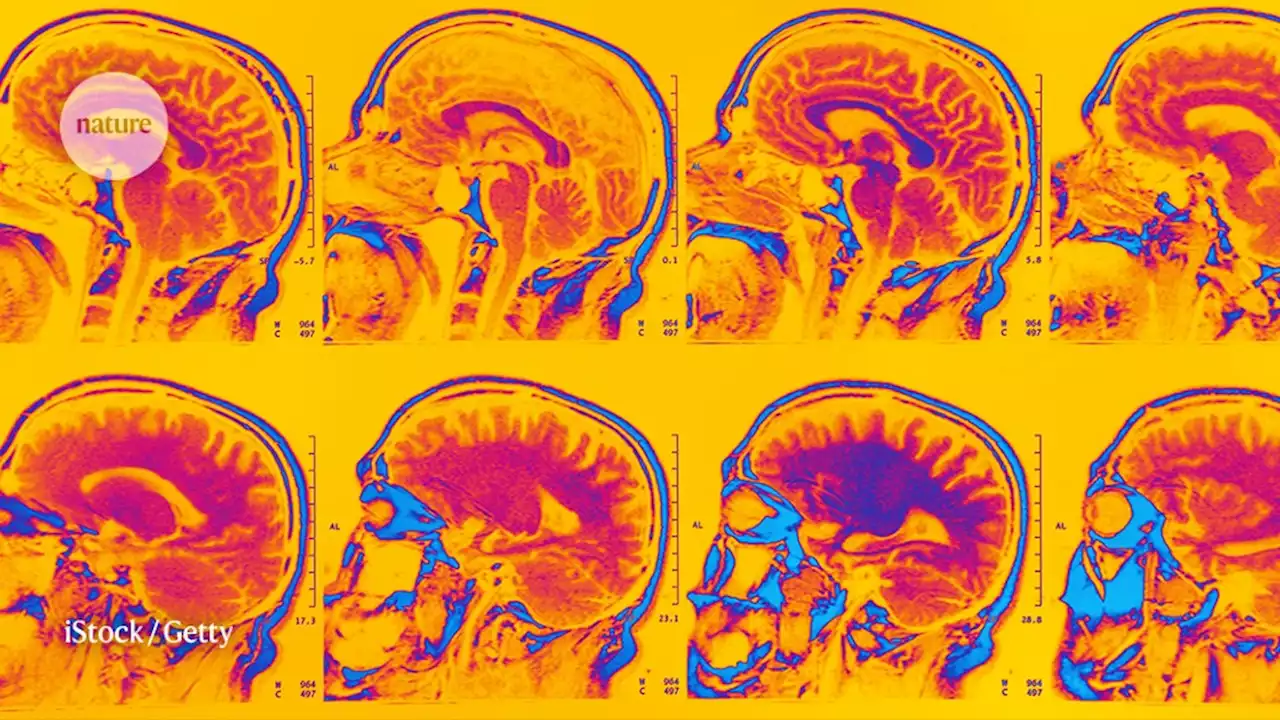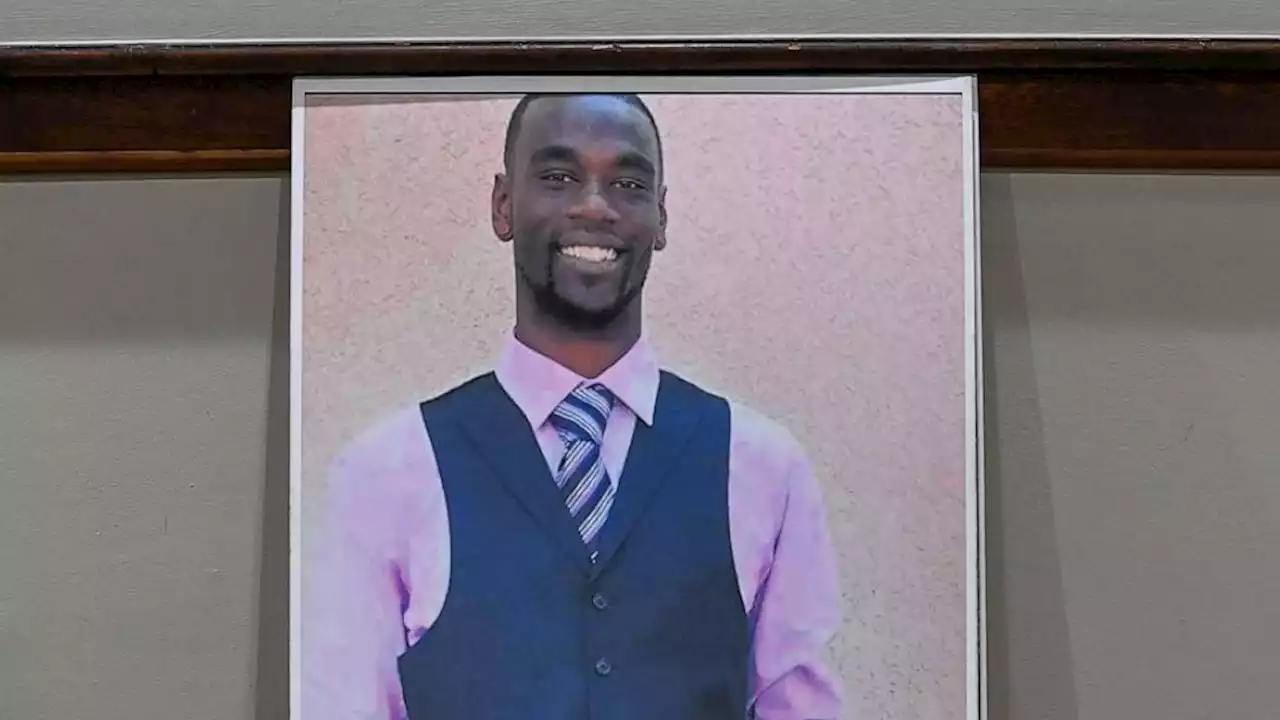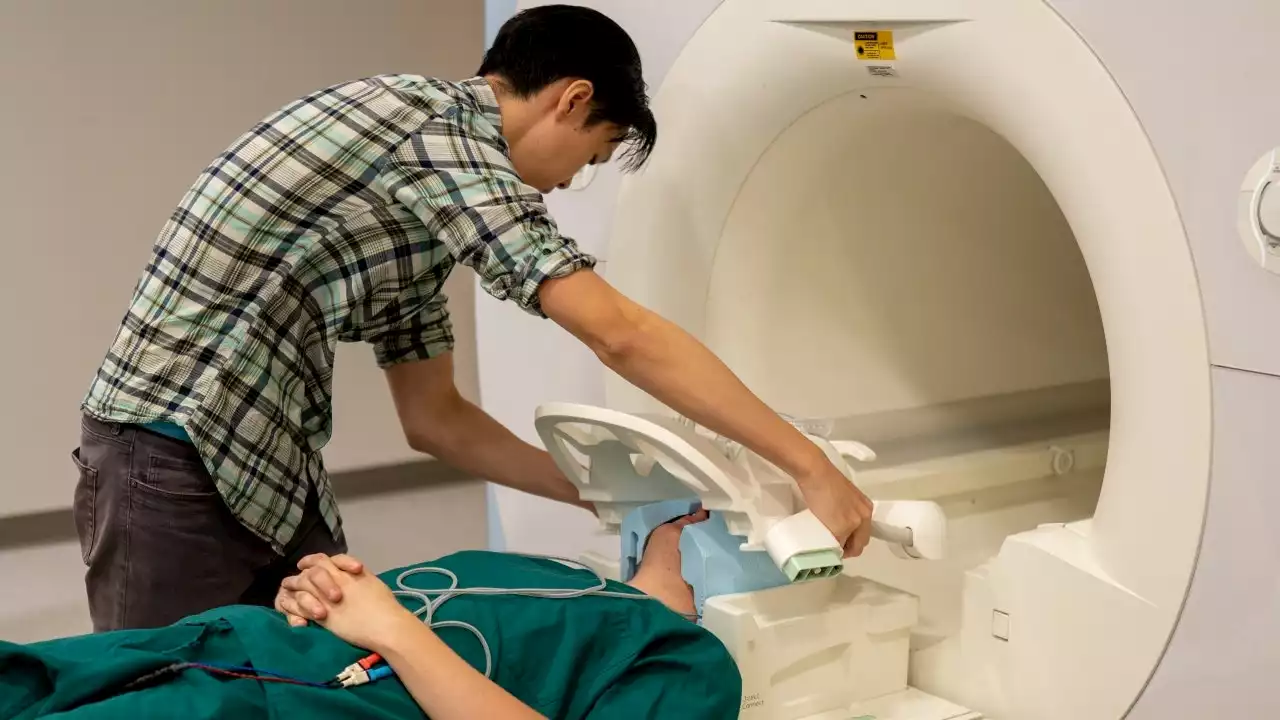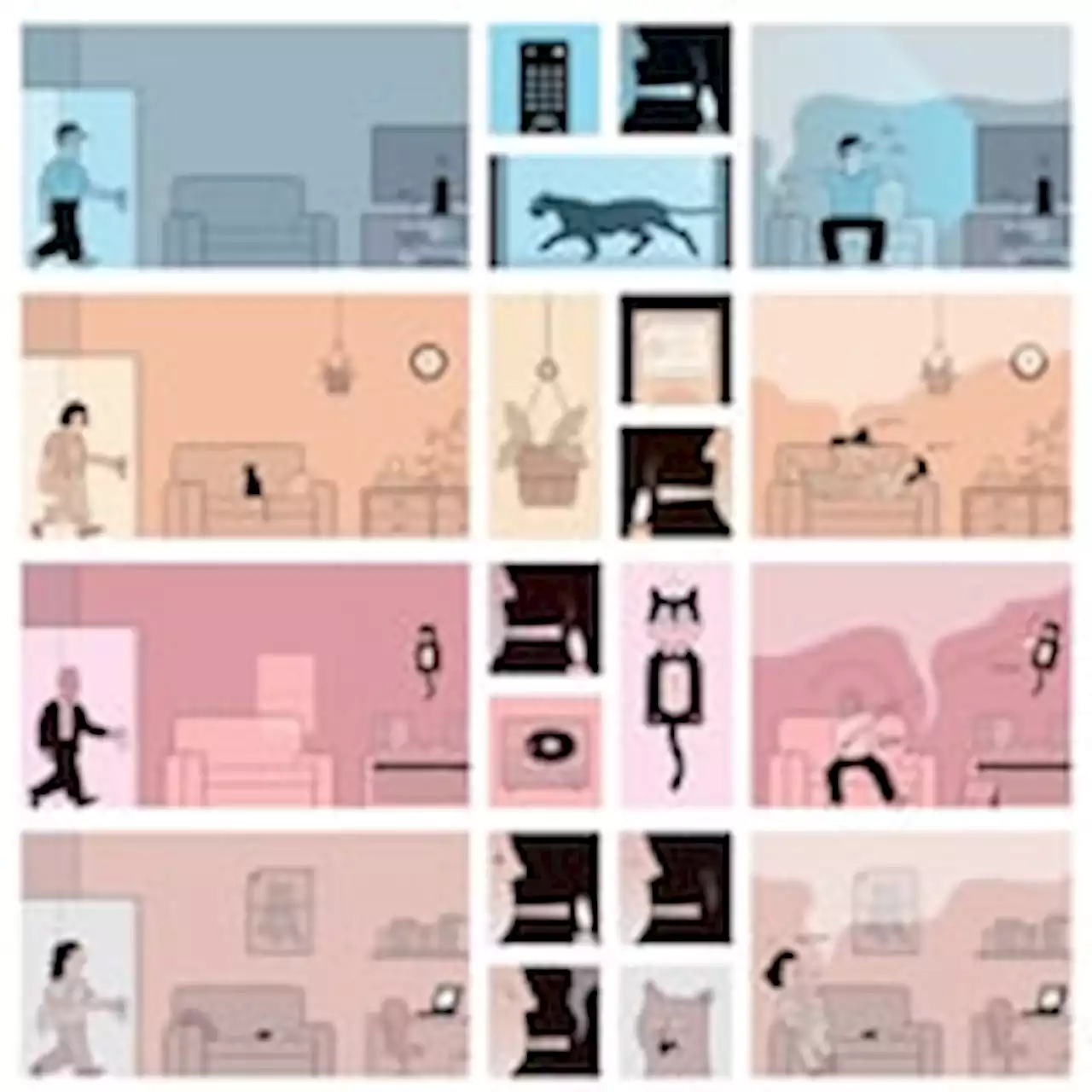🔄FROM THE ARCHIVE: Yep, brains are shrinking.
. It's also worth noting that our stature hasn’t changed substantially sinceHow do recent humans compare? Based on measurements from, modern adult brains range from 900 to 2,100 mL, with a global average of 1,349 mL, which is smaller than our Stone Age predecessors. However, we can’t reach meaningful conclusions from these species-wide global averages, in part because methods of skull measurement differ between datasets.
More convincing evidence for cranial decline comes from studies that applied the same measuring technique to hundreds or even thousands of skulls from a particular region across the millennia. For instance, a
United States Latest News, United States Headlines
Similar News:You can also read news stories similar to this one that we have collected from other news sources.
 ‘Intention is not action’: brain-research centre steps up quest for equalityNew institute aims to enshrine inclusivity in all aspects of neuroscience and psychology research.
‘Intention is not action’: brain-research centre steps up quest for equalityNew institute aims to enshrine inclusivity in all aspects of neuroscience and psychology research.
Read more »
![]() Researchers Have Created an AI-Powered Mind ReaderResearchers from The University of Texas at Austin have developed an AI-powered system that decodes thoughts into language.
Researchers Have Created an AI-Powered Mind ReaderResearchers from The University of Texas at Austin have developed an AI-powered system that decodes thoughts into language.
Read more »
![]() Scientists Use AI to Read Mouse's Brain and Reconstruct Movie Clip It's WatchingScientists can decode a mouse's brain signals and watch a movie that the mouse is watching.
Scientists Use AI to Read Mouse's Brain and Reconstruct Movie Clip It's WatchingScientists can decode a mouse's brain signals and watch a movie that the mouse is watching.
Read more »
 Tyre Nichols' official autopsy reveals brain injuries from blunt force trauma, DA saysThe medical examiner's official autopsy report for Tyre Nichols showed he 'died of brain injuries from blunt force trauma,' the DA's office told Nichols' family Tuesday.
Tyre Nichols' official autopsy reveals brain injuries from blunt force trauma, DA saysThe medical examiner's official autopsy report for Tyre Nichols showed he 'died of brain injuries from blunt force trauma,' the DA's office told Nichols' family Tuesday.
Read more »
 AI brain activity decoder can reveal stories in peoples' minds, researchers sayAn artificial intelligence system developed at the University of Texas is able to translate a subject's brain activity into a stream of text after storytelling.
AI brain activity decoder can reveal stories in peoples' minds, researchers sayAn artificial intelligence system developed at the University of Texas is able to translate a subject's brain activity into a stream of text after storytelling.
Read more »
 Does weed help with anxiety or cause it? Here’s what experts say.Cannabis can 'turn up the volume' on everything in the brain, including our anxiety.
Does weed help with anxiety or cause it? Here’s what experts say.Cannabis can 'turn up the volume' on everything in the brain, including our anxiety.
Read more »
